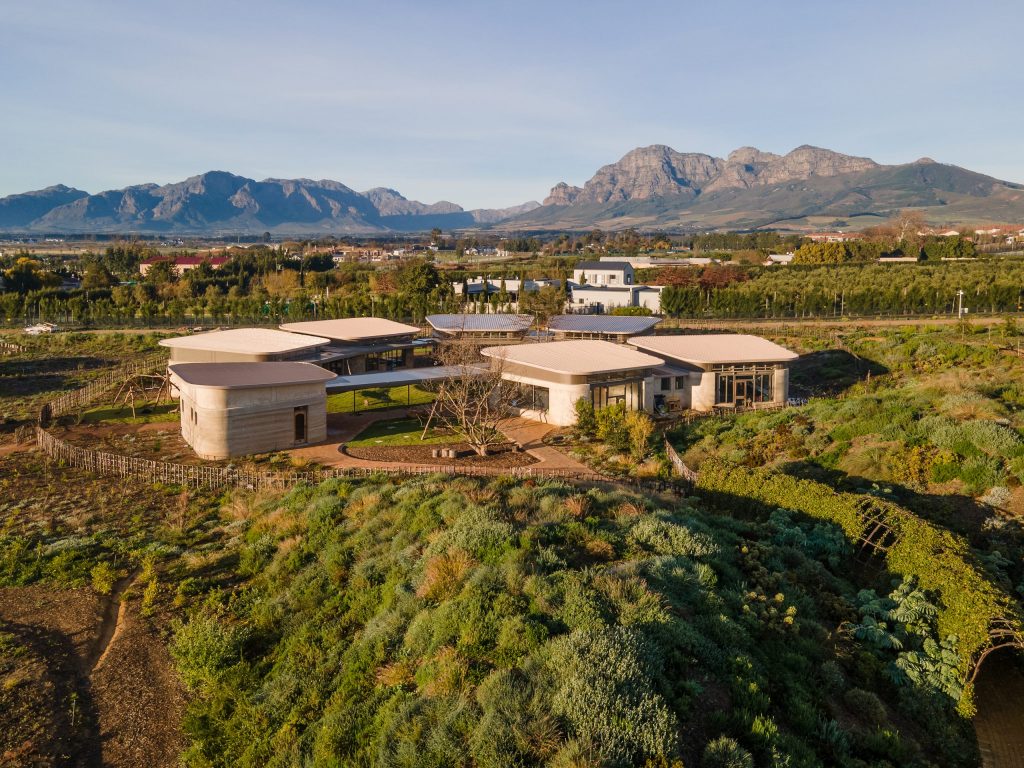South Africa Puts Its Money on Education—And Opens Doors for Investors


Quidah is an online platform that connects investors with curated opportunities and expert insights on Africa’s emerging markets, while offering businesses promotional services, partnership facilitation, and market intelligence to attract capital and grow their operations.
Industries
South Africa is making a significant bet on its future by ramping up government spending on education to unprecedented levels. In the 2025/26 budget, the country earmarked a staggering R508.7 billion for Learning & Culture—of which R332 billion is allocated specifically for basic education. This represents nearly 6.15% of the national GDP and almost one-fifth of all government expenditure, signaling just how seriously the state views the need to improve learning outcomes, close inequality gaps, and equip the next generation for a rapidly changing world.
This massive funding boost comes at a time of pressing challenges. South Africa’s schools have long struggled with overcrowded classrooms, resource shortages, outdated infrastructure, and high dropout rates. Many teachers are overburdened, and thousands of schools have lacked reliable electricity, water, or digital tools. The government’s latest moves, however, suggest a determined strategy to change this narrative—not only through increased funding, but also through smarter spending.
A key part of the plan focuses on addressing the teacher shortage and easing pressure in provinces that have faced severe budget shortfalls. At the same time, infrastructure projects under the Accelerated Schools Infrastructure Delivery Initiative (ASIDI) are delivering upgrades to school buildings, electrification, clean water, and improved sanitation to thousands of learning sites nationwide.
The digital future is also top of mind. Through programs like South Africa Connect, the government aims to bring broadband access to most schools by 2030, while investing in ICT labs and digital learning platforms that reach both urban and rural students. This tech transition is supported by growing efforts to equip teachers with the skills needed to integrate digital tools into the classroom.
To improve access and equity, South Africa continues to support no-fee schools for low-income communities, and its national school nutrition program now feeds approximately 8 million children daily. This not only keeps kids in school, but also tackles hunger and health barriers that impact learning.
Recognizing that not every young person will follow the same path, the government is also expanding vocational and post-school training. The National Student Financial Aid Scheme, TVET (Technical and Vocational Education and Training) colleges, and a growing network of bursaries and scholarships are designed to help bridge the gap between schooling and meaningful work. South Africa’s ambitious public investment in education is creating fertile ground for private sector involvement and innovation. With government funding at record levels and reform programs underway, there are numerous areas where investors can both contribute to national development and achieve substantial returns.

Key opportunities exist in infrastructure and construction, particularly through public-private partnerships aimed at building, upgrading, or expanding schools—most needed in underserved communities. The country’s digital transformation drive also makes the education technology (EdTech) sector especially attractive, with a growing need for affordable broadband, classroom devices, e-learning platforms, and learning management systems.
Beyond infrastructure and technology, investors can find potential in supporting school nutrition and health services, especially by partnering with government programs and sourcing locally. There is also rising demand for innovative private and low-fee schools, which can deliver quality education while supporting inclusion goals. Finally, as the economy evolves, training providers and digital upskilling platforms focused on vocational and technical fields like IT, engineering, and healthcare are positioned for growth. Altogether, the South African education sector now presents a dynamic landscape for investors seeking both impact and financial opportunity.
The government’s near R509 billion commitment is not only about plugging leaks in the current system—it’s about building a foundation for the future. With clear policy support, a digital revolution in the classroom, and rising demand for quality learning, South Africa is actively inviting investment and partnership at every level.
For investors, this is a unique moment: the chance to align social impact with commercial opportunity, and to help shape a stronger, more equitable education system for millions of young South Africans. Those who step in now—across technology, infrastructure, services, or training—stand to benefit from both the financial upside and the legacy of building a smarter nation.


